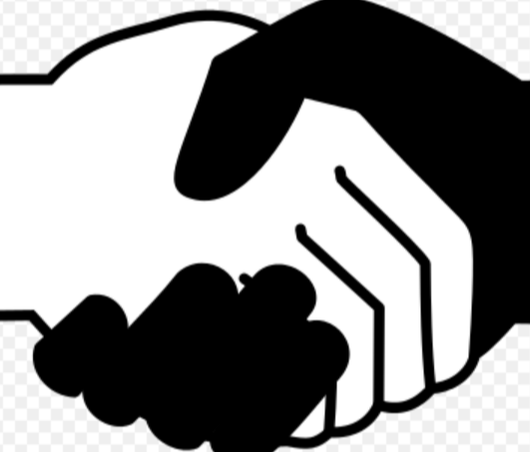|
Photo courtesy of : https://freephotos.cc/job-interview#288477
When you submit your resume to an employer for review, is it getting the attention it deserves? Or is it immediately thrown into the trash? Likewise, are the words you use in a job interview ones that will get you hired? What kinds of words are you using to express your skills and experiences? Are they words that will impress an employer? Or are they words that every employer has heard or read from just about every applicant? Think carefully about the words you’re choosing when you list your skills and accomplishments. Cliché words are ones that are used so often that they essentially have no meaning anymore. For example, do you tell employers that you’re a “great team player”? Employers have heard this phrase over and over again. Your job, as the applicant, is to explain, very specifically, how and why you’re the best applicant for the job. Instead you might write or say something like, “(I) Collaborated with individuals from multiple departments to solve an international logistics problem, resulting in a successful close on a $100 million deal” on your resume. The word “collaborated” indicates that you work well on a team, and, since you used it in a sentence that used specific numbers and a particular situation to explain how you work well on a team, you’re telling the employer exactly what they want to hear: why you’re the best person to choose for the position. Check out these links for vocabulary to help you get away from the mundane (boring) resume and job interview words that no employer wants recited (words people say that are memorized): https://www.themuse.com/advice/185-powerful-verbs-that-will-make-your-resume-awesome https://www.workitdaily.com/top-resume-words/
0 Comments
Image source: commons.wikimedia.org/wiki/File:Handshake_icon_BLACK_and_WHITE.svg
The interview handshake is one of the most important parts of the whole interview. If you are interviewing with an organization in the United States (and in many other countries), it is vital that you master how to shake the hand of the interviewer. Let's first start with a disclaimer: Not all interviewers will shake your hand in the way that I'm about to describe. HOWEVER, in general, in the United States, it is a good idea to shake everyone's hand like this:
Also, avoid shaking lightly, with just the tips of the fingers. Here is why: Shaking hands lightly indicates, in general, that you are not confident in yourself, that you are not trustworthy. As a result, interviewers may already have reservations about you, from the second you introduce yourself. They may subconsciously doubt your ability to do the job, to interact with customers, to present the organization well to the public. Another note: If, in your country, men don't shake hands with women, or they just shake their hands lightly, not looking them in the eye, don't do that during a job interview where women are present, whether you're a man or a woman. Shake a woman's hand like you would shake a man's hand, not because she is a man or wants to be treated as one, but because it indicates respect for her position and professional abilities. If you are a woman, shake a man's or woman's hand firmly. Grasp the whole hand, and greet each interviewer with confidence. Finally, SMILE when you shake hands. A firm handshake, eye contact, and a smile can go a long way to creating a great first impression. Remember: Whether you're a man or a woman, you were invited to the job interview for a reason. That reason is that the employer thinks you might be able to do the job well. During introductions and leave-taking at the end of the interview, shake each interviewer's hand firmly. Look each in the eye, smile, and introduce yourself. In the U.S., it shows you're ready to jump into the game (start working at the company) and that you are confident in your professional experience and skills to do the job well. The thought of going to a job interview that will be conducted in English can be daunting (rather scary). All the different types of questions you have to answer can make your head spin (make you feel like there's too much to learn.)
Let's focus on one type of question, though, one that is often not given enough attention among English learners: What are your weaknesses? When you answer this question, keep in mind these points:
"One of my weaknesses is that I'm too needy. I am always asking people in my family to help me." That's it? You're going to tell the interviewer you need help all the time and leave it at that? Nope. DON'T do that. Instead, try this: "One of my weaknesses is that I sometimes get a bit overwhelmed by large amounts of work I need to do. I've recognized that this limits my productivity, so I now prioritize (decide what's most important) what I have to accomplish and then work on the most important tasks first. I get the less difficult tasks done in the first few minutes of the day." The second answer is not too long. It is direct and to the point, and it indicates a few things about you as an employee:
|
AuthorLeyla Norman Archives
July 2020
Categories
All
|



 RSS Feed
RSS Feed
